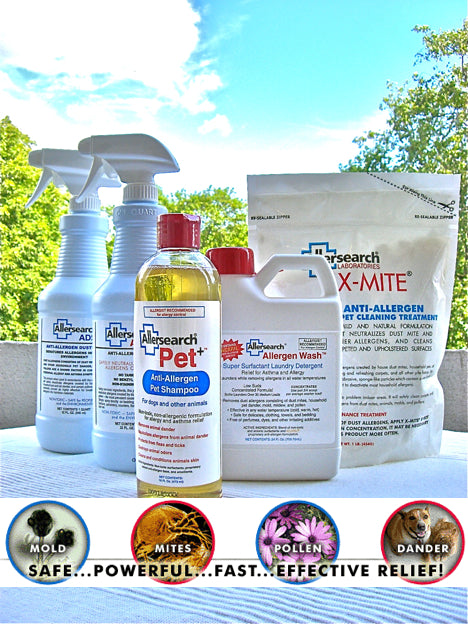There is a significant rise in hay fever in the UK. Hay fever (also called seasonal allergic rhinitis) affects hundreds of thousands of people. Dr. Adam Fox paediatric allergist at Guy’s and St Thomas’ Hospital, London gave a speech at The Allergy & Gluten Free Show recently. Dr Fox said that hay fever is a relatively new disease, first described in 1819. It took nine years to accumulate sufficient hay fever cases to present a paper describing the new condition and the hay fever symptoms to a medical journal. Nowadays there is a significant rise in hay fever symptoms. Furthermore, the UK has more cases than anywhere else in the world (followed closely by Ireland, New Zealand, Australia and Canada). ‘We do not have a good answer as to why this is,’ noted Dr. Fox, adding that:
- 10-25% of adults in the UK have hay fever
- Hay fever affects 10% of children aged 6-7 and 15% of those aged 13-14
- Today, hay fever is also being seen in children as young as three and four
According to Dr. Fox, pollen is the most common allergen involved in causing hay fever symptoms. Grass pollen (in season between April to June) is the most common pollen allergen, followed by tree pollen (in season between February to April). Other allergens, including house dust mite, cockroach, traffic pollution, mould, dog, cat, and horse, are involved in non-seasonal allergic rhinitis.
Typical hay fever symptoms are sore eyes and nose, sneezing, blocked nose. But hay fever also has a significant impact on quality of life. Note that GCSE exams occur within the pollen season and impaired concentration, from either hay fever itself or the medication taken for it, has an impact on performance. We know this is so from a study carried out by Dr. Sam Walker at the Royal Brompton Hospital. She looked at nearly 2,000 GCSE candidates aged 15-17 in the West Midlands and found that those who had hay fever were 40% more likely to drop a grade between their mock exams, held earlier in the year, and the formal exam held in the summer, when compared to those who did not have hay fever.
Moreover, those who took sedating antihistamines to control their condition (which Dr. Fox does not recommend) were 70% more likely to drop a grade. Dropping grades between mocks and GCSEs are unusual. Students often find their mock grade a motivating factor and might be expected to improve on it, or at least do no worse. The fact that hay fever, and sedating antihistamines, interferes with academic performance in this way should highlight the need for early and effective treatment of allergic rhinitis. Dr. Fox went on to describe the hay fever treatments available today - including some exciting new developments. We will describe these in an upcoming blog post.
Visit our shop today to find the best Hay Fever Relief Products.
Source: Walker S et al Seasonal allergic rhinitis is associated with a detrimental effect on examination performance in United Kingdom teenagers: a case-control study. J Allergy Clin Immunol 2007;120:381-7




